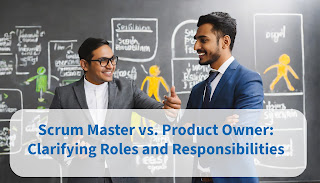Agile Recruitment Strategies: Adapting to Dynamic Talent Needs

Introduction: Recruitment has evolved into a dynamic and ever-changing landscape. In today's fast-paced world, traditional hiring methods often fall short in meeting the needs of organizations seeking top talent. Agile recruitment strategies are the answer, offering a fresh perspective on attracting and retaining the right people. In this article, we'll explore the principles and practices of Agile recruitment, helping you adapt to the dynamic talent requirements of the modern workforce. The Shifting Talent Landscape: The emergence of remote work, the gig economy, and changing employee expectations have transformed the talent landscape. To remain competitive, organizations must adopt recruitment strategies that are as dynamic as the workforce itself. What is Agile Recruitment? Agile recruitment applies the principles of agile software development to hiring. It emphasizes collaboration, iterating rapidly, and responding to change. Rather than following a rigid, linear recruiti

